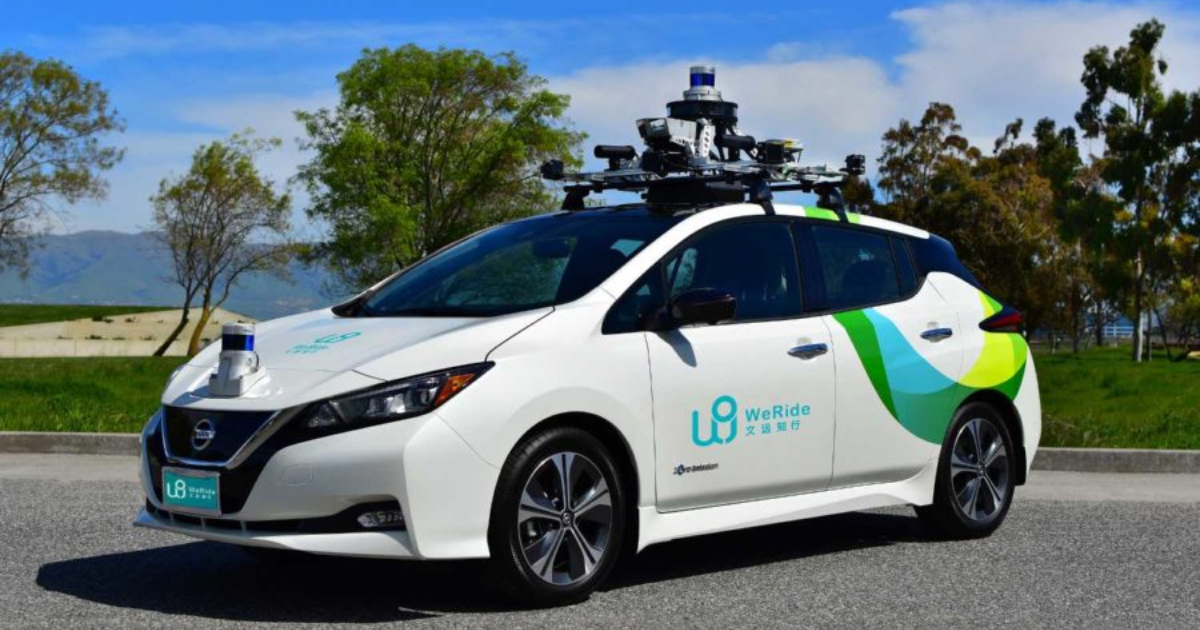Chinese autonomous driving company WeRide has been granted the first national license for self-driving vehicles in the United Arab Emirates (UAE). This milestone allows WeRide to conduct tests of its Level 4 autonomous vehicles on public roads across the country. The Level 4 designation indicates that the vehicle can operate without human intervention in certain driving conditions.
The issuance of the license aligns with the vision of UAE ruler Sheikh Mohammed bin Rashid Al Maktoum, who aims to achieve 25% fully autonomous transportation in the country by 2030. In addition to granting WeRide’s permit, the UAE’s Council of Ministers also approved a national policy for electric vehicles, which involves the development of a charging network, regulation of the EV market, and the promotion of industries related to autonomous vehicles to reduce emissions and preserve road quality.
Dubai, the most populous city in the UAE, has been actively involved in autonomous vehicle trials. The city’s Roads and Transport Authority (RTA) organized the World Conference on Self-Driving Transport in 2019, bringing industry leaders together. This year’s conference, scheduled for September, will feature a competition showcasing autonomous bus solutions from companies and academic institutions.
The RTA’s objective is to limit the number of vehicles on Dubai’s roads and scale up robotaxi operations to 4,000 vehicles by 2030. Cruise, a subsidiary of General Motors, has been testing and developing robotaxis in Dubai, with plans for a launch in 2023. WeRide, in its statement, mentioned that it intends to test various types of self-driving vehicles and aims to commercialize its technology for robotaxis, robobuses, robovans, and autonomous street sweepers.
While details about regulatory requirements for autonomous vehicle deployment in the UAE are not yet clear, the testing process will be overseen by the RegLab, an initiative by the General Secretariat of the Cabinet. The approach to regulation in the UAE differs from the more decentralized approaches in the United States and China, where local governments play a significant role in governing autonomous vehicle testing and commercialization.
WeRide has also expressed interest in expanding to Saudi Arabia, where it plans to work with the Saudi Artificial Intelligence Company to launch a robobus route. Further information regarding WeRide’s launch plans, target markets, vehicle numbers, and commercialization strategies was not available at the time of reporting.



![[CITYPNG.COM]White Google Play PlayStore Logo – 1500×1500](https://startupnews.fyi/wp-content/uploads/2025/08/CITYPNG.COMWhite-Google-Play-PlayStore-Logo-1500x1500-1-630x630.png)